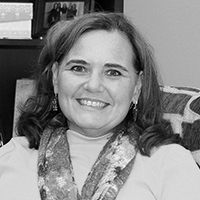Question
How is youth homelessness defined?
Answer
Defining homeless youth is pretty complex. There are lots of definitions and they apply to different programs or different funders. I am going to provide an overview of the top four definitions and the agencies that they are attached to. Considering that there are variations between federal agencies that serve homeless youth, there are also deep variations between what they consider as a homeless youth.
First, the National Alliance to End Homelessness says that a homeless youth is an unaccompanied youth age 12 to 24. That certainly excludes school-aged youth who are living doubled up or in other situations or even with other family members. It does not count them as homeless.
National Coalition for Homeless is another agency that does a lot with homeless youth. Their definition is very vague in my opinion, because it defines homeless youth as individuals under the age of 18. There definition is the most brief definition within a national context.
The third definition that I want to share is The Runaway and Homeless Youth Act (RHY) definition of homeless youth. RHY defines homeless youth as individuals under the age of 18, between the ages of 16 and 22.
The final definition is the most specific and it is the one that most of us as social workers, need to be really, really familiar with because it applies to school age youth who are identified as homeless by a district liaison and this can be children who are in public school, charter schools, magnet schools, even virtual schools. Essentially, private schools are the only schools excluded from this definition. It defines homeless children and youth as individuals who lack fixed, regular and adequate nighttime residents. If you are dealing with a family, with school age kids and their housing is not fixed, adequate, or regular, they are probably going to qualify for McKinney-Vento homelessness under their district liaison.
This Ask the Expert is an edited excerpt from the webinar, Building Strong Safety Nets for Homeless Youth: Developing a Community Response to Youth Experiencing Homelessness, presented by Cheryl Pooler, DSW, LCSW
